|
Many ecological landscape schemes today have an emphasis on either ecological or native planting. Sometimes confusion between the two or an acceptance they are one in the same. There is a logic behind this difference and reasons you would utilise one, the other or both in a sustainable landscape design.
Native plants are always a good choice in large regional landscape master plans. Knowing a species will establish with relative ease without the need for artificial installations is a better option. This enables them to establish faster and thrive. Native trees and plants need less irrigation, weeding and protection from the environment being more adapted to local conditions. In recent times a greater ecological awareness has realised a more regional, localised element to using native species. We have come to realise there is regional variation within species. Eastern European common Limes flower 2-3 weeks later than British strains due to colder winters. This greater understanding of the particulars of local natives has added a new element to native species. This has meant some wildflower seed mixes state regional origins and local suitability. Rail companies such as London Underground when seeding banks use a specific meadow mix for the South East of England on clay soil. The specific nature of native species has raised some interesting questions about ecological succession and species diversity in sustainable landscape planting schemes. In nature plant species adjust to new climatic conditions and diseases. Succession and alien colonisation is a natural process so at what point do we relax local selection of planting stock? Although it has been recognised that some wildlife rely on the predictability of flowering times of native plants wildlife benefits more so from diversity within a planting scheme. A study of wildlife species densities found that there was more wildlife diversity per square metre in urban gardens than most rural nature reserves. The reason for this is there is simply a greater diversity of plant species in urban gardens than the wild. A diverse array of native and non native plants with varying nectar sources at varying times of the year allow more diverse wildlife species to thrive in urban gardens. One of the most popular shrubs for attracting butterflies and can be seen in nature reserves across the country, Buddleia is not from Britain at all but South East China. Some non native landscape plants such as Mahonia are a very welcome source of nectar in the depths of winter. In response to this ‘ecological planting’ is the term used to describe plantings which benefit ecology in ways such as shelter providing food or diversity in ecological landscape designs.
With the specific benefits and requirements for both native and ecological planting within sustainable landscaping it should be up to the designer to research the local environment. This will enable precise execution of ecological landscaping principles within the clients brief.
Research of local geology, hydrology, history and ecology will give the sustainable landscaper the planting palette best for local species. Whether ecological or native, the planting should be able to provide food, shelter and be self sustaining within the landscape design.
1 Comment
|
AuthorPaul Nicolaides is a landscape Architect from North London and Director of Ecospaces Limited ecological Landscape design & build contractors. His ambition is to help accelerate change to a more sustainable ecological society. A society that plans its urban environments integrating agriculture, wildlife habitat, natural processes, recycling, industry, and sustainable urban drainage. Above all Paul aims to integrate these disciplines and realise there compatibility both on a local and landscape level. Archives
July 2018
Categories |
Photos from Tauralbus, Kurayba, ChodHound, tristanloper, scott1346, Sustainable sanitation, RobBixbyPhotography, The hills are alive*, Bobby McKay., ell brown, ncwetlands.org, Drantcom, alh1, Verokark, U.S. Embassy New Delhi, John Brighenti, umseas, wuestenigel, nestor galina, Sander van Dijk, mikecogh, oatsy40, foundin_a_attic, ndrwfgg, The Garden Smallholder, Aaron Volkening, wallygrom, Sander van Dijk, Base Camp Baker, Local Food Initiative, Kansas Poetry (Patrick), blachswan, infomatique, Phil Roeder, aschutz57
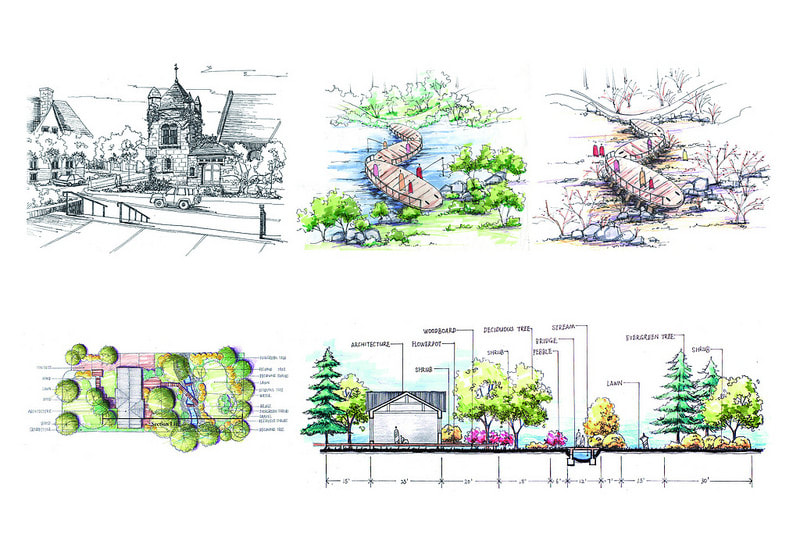
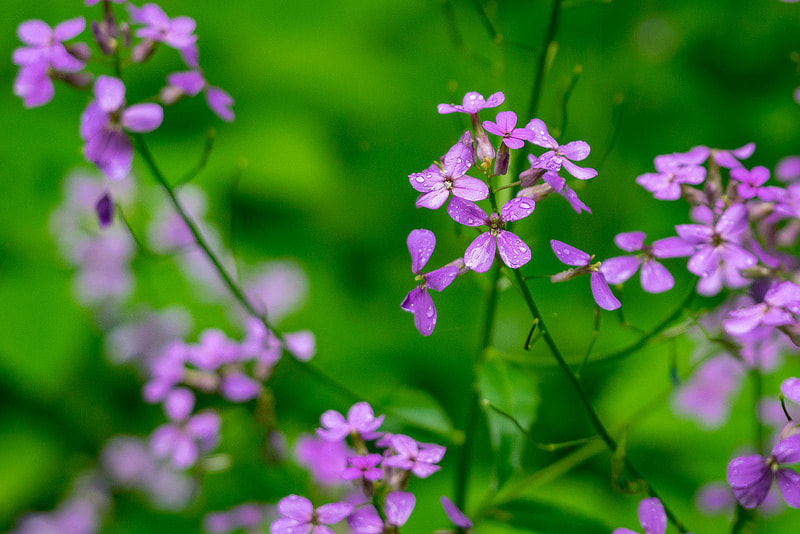
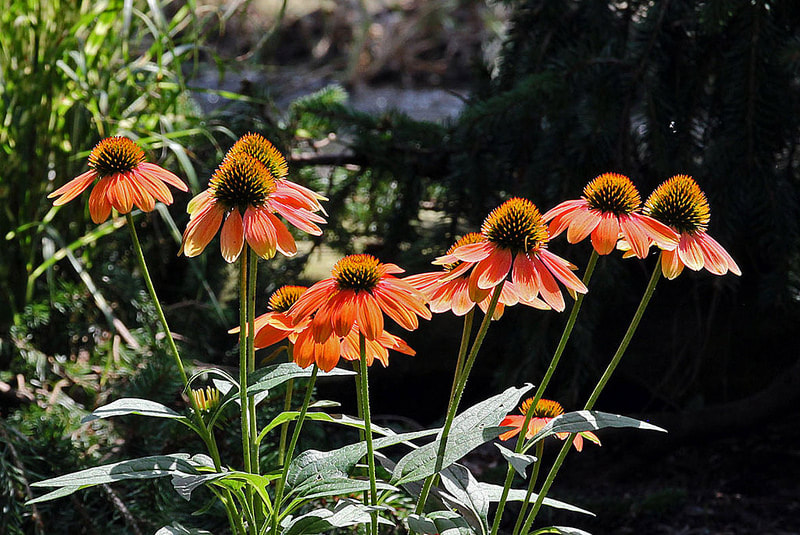
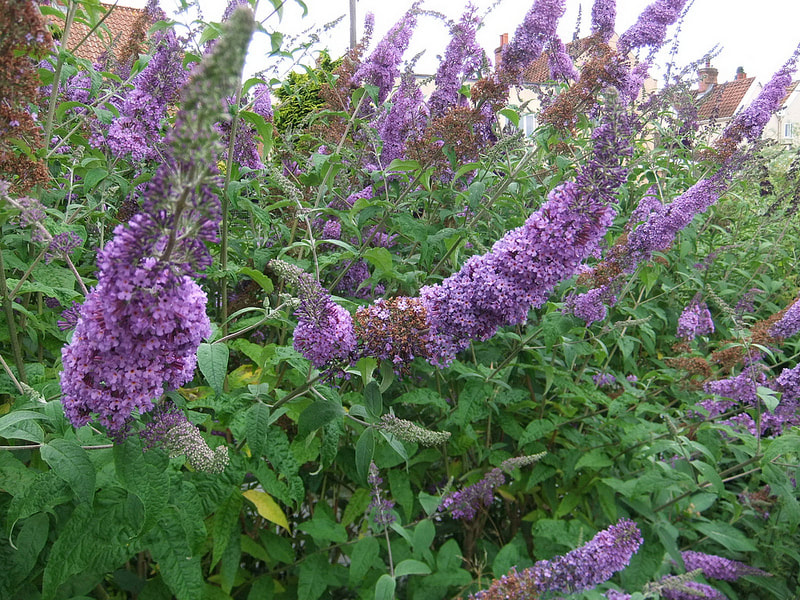
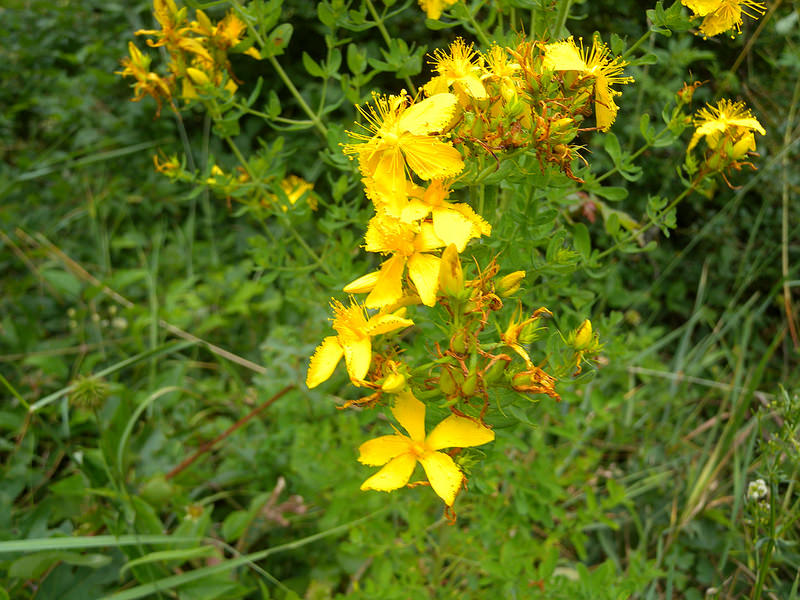
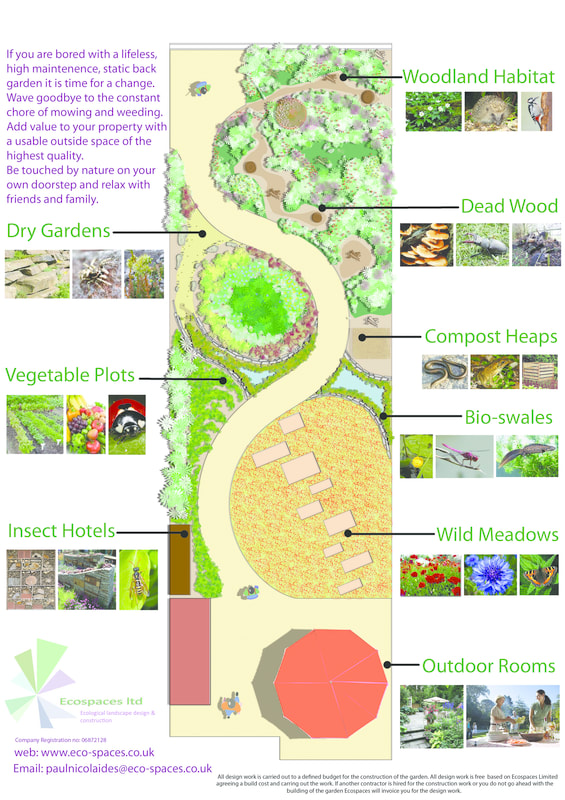
 RSS Feed
RSS Feed
